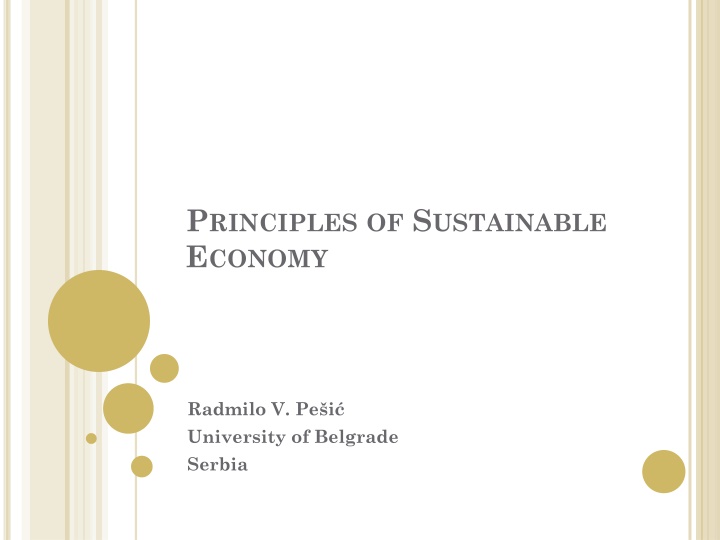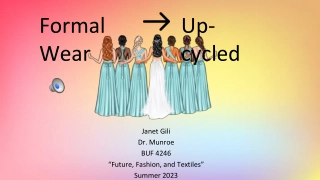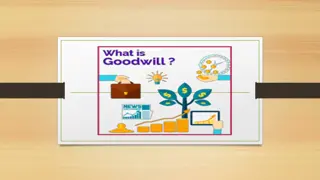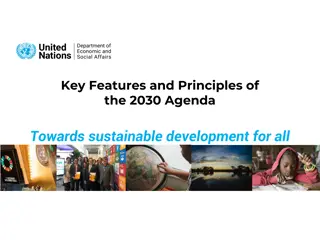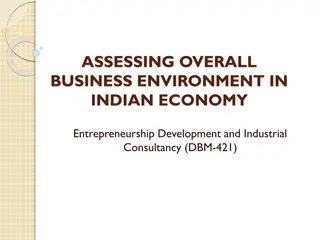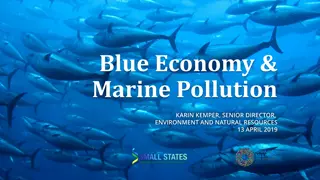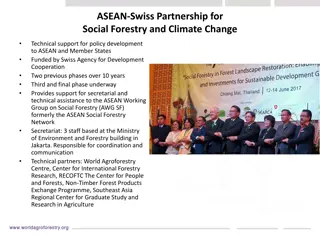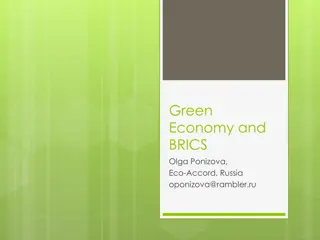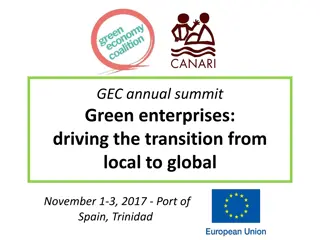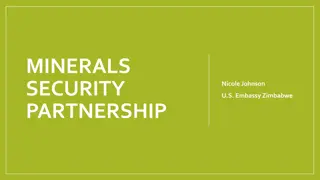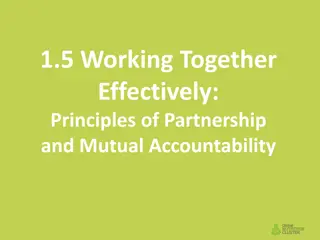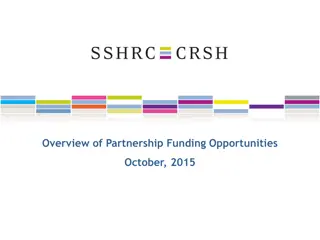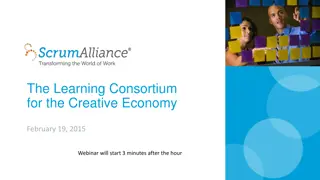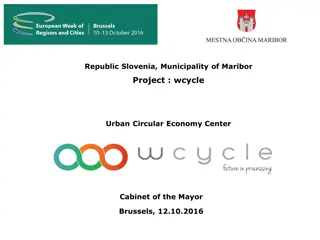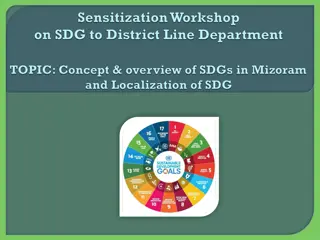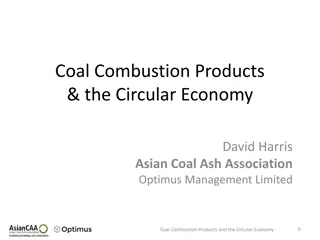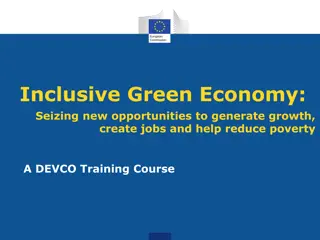Principles of Sustainable Economy - Nature's Partnership and What Lies Ahead
Nature has long been a vital partner in human productivity, but our actions are now endangering this alliance. Explore the challenges and solutions for maintaining a sustainable economy, including new resource pricing methods and the value of environmental services. Discover the importance of considering replacement costs and the notion of priceless resources in economic decision-making. Reflect on the need for a holistic approach that values nature's contributions beyond mere economic metrics, emphasizing social ethics and historical context.
Download Presentation

Please find below an Image/Link to download the presentation.
The content on the website is provided AS IS for your information and personal use only. It may not be sold, licensed, or shared on other websites without obtaining consent from the author.If you encounter any issues during the download, it is possible that the publisher has removed the file from their server.
You are allowed to download the files provided on this website for personal or commercial use, subject to the condition that they are used lawfully. All files are the property of their respective owners.
The content on the website is provided AS IS for your information and personal use only. It may not be sold, licensed, or shared on other websites without obtaining consent from the author.
E N D
Presentation Transcript
PRINCIPLES OF SUSTAINABLE ECONOMY Radmilo V. Pe i University of Belgrade Serbia
WELL KNOWN FACTS Nature has been the partner of man in every productive activity for ages. Dangerous moves towards the end of the partnership. By changing environment we are going to turn natural forces against us. We have created damage to nearly every part of the globe It may become the most horrific change in the entire human history.
WHAT IS TO BE DONE? How to keep the partnership going? How not to turn nature against mankind? Sustainable Development, Decoupling, Circular/Green/Blue Economy How to transfer all these answers into reality?
HOW IS TO BE DONE? New way of natural resource pricing. Extraction costs should no more serve as a natural resource price foundations. In many cases extraction costs do not depend only on resource availability, but on the costs of technology applied. Full valuation of environmental services.
REPLACEMENT COSTS Replacement costs are to be used in the determination of prices. Costs of providing the closest or the most realistic substitute or alternative for natural resources (NR) and environmental services (ES). Opportunity costs of providing the closest and the most affordable substitute for NR and ES.
WHAT IF THERE IS NO ALTERNATIVE? Such resources and services are to be considered PRICELESS (Ackerman, F. and Heinzerling, L. ) Importance of precaution Shift from prices without values to values without prices (life, health, nature ) Pricing on incomplete or non-existing markets is not only pointless, it is misleading and harmful. Economics without values (with prices only) is worthless. Valuation of non-replicable valuables is methodologically unjustified and logically wrong.
WHAT REMAINS TO BE DONE? Some valuables should remain without a price tag. All other NR and ES are to be valued by the costs of their alternatives and substitutes. Cost/Benefit Analysis may seem useful in applied economics and policy analysis. It is theoretically elegant, but in real life it may be misleading and wrong (problems with non-market valuation, discounting, time inconsistency etc.). We have to be aware of the limits of CBA. Instead of elegant econometrics tools, we need more economic history (Ferguson), more natural philosophy (Ponting), and more social ethics!
REFERENCES Ackerman, F. and Heinzerling, L. (2004) Priceless On Knowing the Price of Everything and the Value of Nothing. The New Press, New York and London. Atkinsson A. (2011) The Sustainability Transformation How to accelarate positive change in challenging times. Eatrthscan, London, Washington D.C. Edwards, A.R. (2005) The Sustainability Paradigm portrait of a paradigm shift. New Society Publ. Gabriola Isl. , Canada Gibson, R. et.al (2007) Sustainability Assessment Criteria and Processes. Earthscan , London, Sterling VA. Ferguson, N. (2012) The Great Degeneration Ponting, C. (2007) A New Green History of the World The environment and the Collapse of Great Civilizations.
